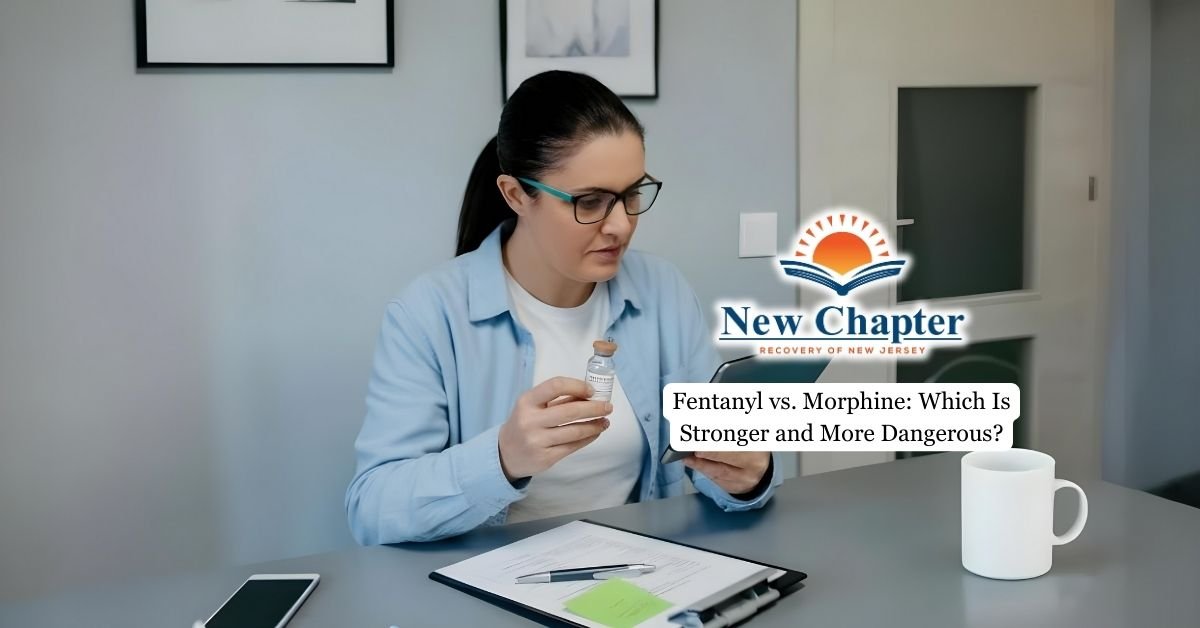Choosing the right addiction treatment program is a critical decision that can significantly impact recovery success. With options ranging from intensive residential care to more flexible outpatient approaches, understanding the differences between treatment levels helps ensure you receive the appropriate care for your specific situation.
This guide highlights the key distinctions between inpatient rehabilitation and Intensive Outpatient Programs (IOP), exploring the factors influencing which option might best suit your recovery needs.

Inpatient Treatment: Structure and Benefits
Inpatient treatment provides 24/7 residential care in a structured environment, offering individuals complete immersion in recovery. By removing access to substances and external triggers, inpatient programs create a controlled space where individuals can focus entirely on healing. These programs typically last 30 to 90 days, with structured daily schedules that include therapy sessions, medical monitoring, and skill-building activities.
Medical supervision is a key advantage, particularly for those requiring detox or managing co-occurring health conditions. Patients receive medication management, nutritional support, and therapeutic interventions to address both physical and psychological aspects of addiction.
Inpatient programs vary, including hospital-based settings for medically complex cases and residential centers offering a therapeutic community approach. Costs and insurance coverage depend on program type, duration, and medical necessity.
Intensive Outpatient Programs (IOP): Structure and Benefits
IOP provides structured addiction treatment while allowing individuals to live at home and maintain daily responsibilities. These programs typically require a commitment of 9 to 12 hours per week, spread across multiple days, offering a balance between intensive support and real-world application of recovery skills.
Core components of IOP include individual therapy, group counseling, relapse prevention training, and life skills development. Unlike inpatient care, IOP allows participants to continue working, attending school, or fulfilling family obligations.
Successful outcomes often depend on a strong support system at home, as relapse risks may be higher without constant supervision. Costs for IOP are generally lower than inpatient treatment, and some programs offer evening or weekend sessions to accommodate work schedules.
Medical Considerations for Treatment Selection
The severity of substance use and medical history play a significant role in determining the appropriate level of care. Individuals experiencing severe withdrawal symptoms or requiring detox may need inpatient care for medical stabilization. Those with a history of complicated withdrawals, co-occurring health conditions, or medication management needs often benefit from 24-hour supervision.
For those with mild to moderate substance use and stable physical health, IOP may be a viable option. However, outpatient care requires individuals to manage their medical needs independently while attending scheduled treatment sessions.
Psychological and Mental Health Factors
Co-occurring mental health disorders such as depression, anxiety, PTSD, or bipolar disorder require specialized mental health treatment. Inpatient treatment is often necessary for individuals with significant psychiatric conditions that affect daily functioning or pose safety concerns, such as suicidal ideation. Trauma history, emotional regulation challenges, and cognitive impairments may also indicate a need for higher-level care.
Those with stable mental health issues who demonstrate self-awareness and motivation for recovery may succeed in IOP. Managing mental health symptoms while maintaining daily responsibilities requires strong coping mechanisms, access to psychiatric care, and a structured support system.
Individuals with a history of relapse due to unmanaged behavioral health conditions may benefit from a more intensive setting initially before transitioning to outpatient care.
Environmental and Social Considerations
Inpatient treatment is recommended for individuals in unstable or high-risk environments where substance use is prevalent. Exposure to triggers, lack of family support, or conflicts at home can hinder recovery efforts, making a controlled inpatient setting the safer option.
IOP may be a suitable choice for those with a supportive and stable home environment. Reliable transportation, strong family or peer support, and a low-risk living situation contribute to better outcomes in outpatient care.
Social isolation, employment pressures, or childcare responsibilities may also impact treatment selection, requiring careful evaluation of personal circumstances.
When Inpatient Treatment Option Is Typically Recommended
Inpatient treatment is the best option for individuals with severe addiction who require medical detox and intensive supervision. Those at high risk for complicated withdrawal symptoms, including seizures or severe mental health crises, need 24-hour monitoring. Individuals with multiple failed attempts at outpatient treatment, an unstable home environment, or a lack of support systems also benefit from inpatient care.
Patients with co-occurring psychiatric conditions that require stabilization or those who struggle with maintaining sobriety in an unstructured setting often achieve better results in a residential program

When IOP May Be the Right Choice
IOP is a suitable option for individuals with mild to moderate addiction who do not require medical detox. Those with stable mental and physical health, strong support systems, and a safe home environment may benefit from the flexibility of outpatient care. IOP allows individuals to maintain work, school, or family responsibilities while receiving structured treatment.
Financial and insurance considerations also play a role in treatment selection. For those unable to afford inpatient care, IOP provides a more cost-effective alternative while still offering professional support. As a plus, IOP serves as an effective step-down option for individuals transitioning from inpatient treatment, helping them reintegrate into daily life while maintaining structured recovery support.
Choosing the Right Treatment: Practical Steps
Asking treatment providers about program structure, therapy options, and success rates helps determine the best fit. Red flags, such as programs that promise unrealistic results, should be avoided.
Family involvement can support decision-making, especially for individuals unsure about their treatment needs. Verifying insurance coverage and understanding financial responsibilities in advance prevents unexpected costs. Preparing for treatment by setting expectations and gathering necessary items ensures a smoother transition.
Final Thoughts from New Chapter Recovery
The journey to recovery requires personal commitment and the right level of care. Whether you need structured inpatient treatment or the flexibility of our Intensive Outpatient Program (IOP) in Parsippany, we’re here to support your unique path to healing.
At New Chapter Recovery, we provide individualized treatment recommendations to match your needs. Our IOP allows you to maintain daily responsibilities while receiving quality addiction care, helping you build a foundation for lasting recovery, stronger relationships, and renewed purpose.






